The holiday season is that time of the year when you are surrounded by love, joy, and your loved ones. However, the holidays can also cause a lot of stress, anxiety and overwhelm and take a toll on your well-being. That’s why we have come up with some really useful mental health tips for the holidays that will help you will stay sane and have a good time!
People dealing with mental illness during the holidays have a harder time than others when it comes to handling holiday stress and the pressures associated with it. But does that mean you will never enjoy the holidays in your life? Of course not!
If you want to enjoy the holidays to the fullest, then you need to take care of yourself and your mental and emotional well-being. These practical tips will greatly help you handle the holiday stress, without blowing your fuse.
So, are you ready to explore some of the best mental health tips for the holidays? Let’s go then!
Related: How To Get Through Depression During Christmas Season? 14 Tips To Find Joy!
8 Mental Health Tips For The Holidays
1. Have realistic expectations from yourself.
This is the very first thing you should keep in mind if you are dealing with mental illness during the holidays, and acknowledge how mental health and the holidays are related.
Trying to make everything perfect can make you feel even more overwhelmed in the long run, so don’t run after perfectionism. Have realistic expectations for yourself and do the same for others as well.
There’s no law out there that says you need to buy expensive Christmas gifts for everyone, if you cannot afford them, or you don’t feel like decorating your home because you are not in the right headspace, it’s okay.
Remember what really matters during the holiday season – spending time with the people you love and enjoying their company. Making simple holiday plans can go a long way in reducing your stress and can help you enjoy the entire holiday season basking in happiness and contentment.
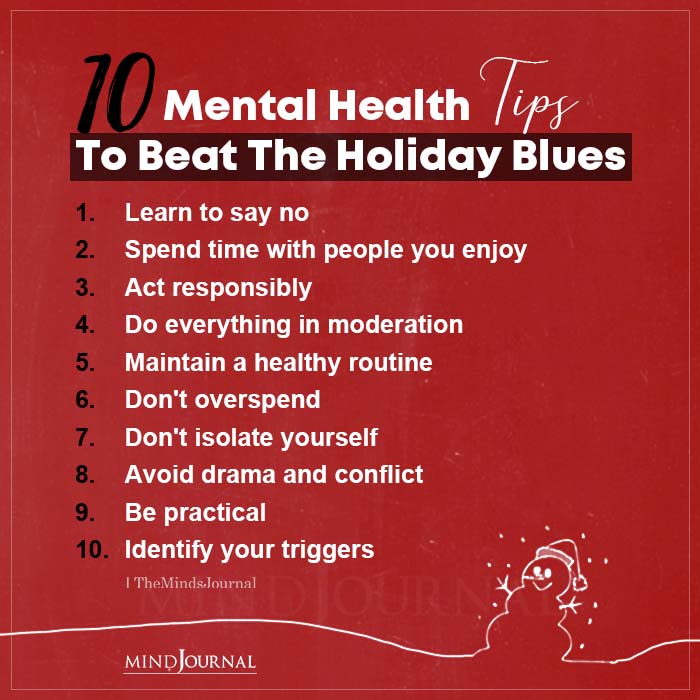
2. Take care of your physical and mental health.
Managing mental illness during the holidays means taking extra care of your well-being.
Don’t compromise with your health just because it’s the holiday season. Rather, take care of it more, BECAUSE it’s the holiday season. Stick to all your healthy habits amidst the hustle-bustle of the holiday madness, so that you feel better in the long run.
Exercise regularly, consume nutritious and balanced meals, practice mindfulness and sleep well – these simple things can help your mental health tremendously.
3. Don’t engage in mindless scrolling and limit your social media usage.
Spending almost all your time on social media and continuously scrolling will only make you feel overwhelmed and depressed. You might see others doing all sorts of interesting and fun things, and feel like you are wasting your time. But you know what?
There’s no harm in spending the holidays in a low-key way; just because everyone is partying and getting drunk, that doesn’t mean they are having fun and you are not. Social media will only show you the highlight reel of everyone’s lives, so don’t think too much about what you see on social media.
Mindless scrolling and investing all your time on social media will only tire you out mentally and emotionally and take a toll on your mental health during holidays.
Related: Mental Health and Holidays: How to Safeguard Your Mental Health Amidst Holiday Hustle And Bustle
4. Spend some much-needed alone time.
Spending some time by yourself is one of the best mental health tips for the holidays I can give you. Even though alone time might seem scary during the holiday season, trust me, it isn’t. Taking a break from all the hustle-bustle and having some quiet time for yourself can be very calming and rewarding.
Maybe take some time out to do some reading, or watch a cozy Christmas movie, or simply just laze around – whatever it might be, carve out some time for yourself and do what makes you feel peaceful and calm and avoid burnout.
5. Notice if you are experiencing seasonal mood changes.
If you find yourself feeling depressed and down on energy every year during the holiday season particularly, then you might be suffering from Seasonal Affective Disorder (SAD).
SAD is a mental health condition where you tend to experience symptoms of depression, caused due to seasonal changes as the days get shorter. This is how mental health and the holidays can be intricately connected to one another.
This type of depression tends to get better once summer and spring start to set in. So if you notice yourself having these symptoms, then you should get in touch with a mental health professional, who can help you deal with this better.
Some of the most effective and useful treatments they may recommend are Cognitive-Behavioural Therapy (CBT), light therapy, and medications like antidepressants and the likes.
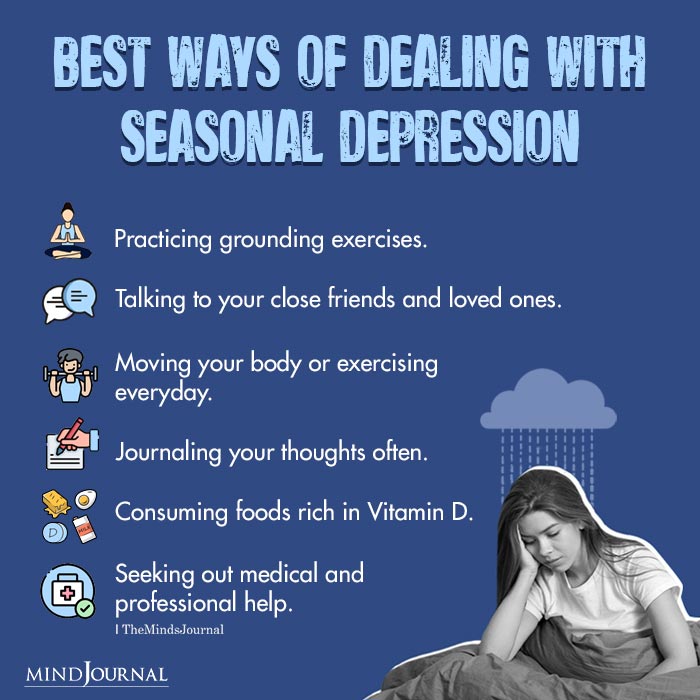
6. Try not to overdo it when it comes to alcohol, and steer clear of drugs.
One of the most important mental health tips for the holidays is this.
For people in recovery, the holiday period represents situations that may trigger relapses into alcohol consumption or drug use. That’s why it’s crucial that you have a few strategies in place for getting through social functions.
Addressing feelings of isolation and loneliness can also help greatly in minimizing the possibility of substance abuse. Additionally, you can also rely on your family, friends and other relatives to help you stay on track, in case you find yourself struggling with addiction during this festive season.
7. Set some strict personal boundaries, if needed.
The holiday season means more family get-togethers and attending parties with friends. If you don’t feel well at some point, or you feel like you need a break from all the chaos, then take a break and set some strict personal boundaries.
It doesn’t matter in the least if others judge you for doing this, because your mental health comes first. There’s no point sacrificing your mental and emotional well-being, just to make other people feel happy and satisfied.
If you feel overwhelmed, politely decline the invitation. If someone forces you to eat or drink more, then politely tell them “no”. At the end of the day, it’s your life and you get to decide how you want to spend your holidays.
Related: 10 Nostalgic Old Christmas Movies For A Cozy Binge-Watch
8. Don’t feel ashamed to seek professional help if you feel like things are getting worse.
The moment you realize your mental health is deteriorating, seek help immediately before it gets worse. There’s no shame in asking for professional help when you are dealing with mental illness during the holidays.
Opting for therapy and taking control of your health is one of the best and bravest things you can do for yourself. Your therapist can help you a lot with strategies and even medications, if needed, so that you can deal with your struggles in the best and healthiest way possible.
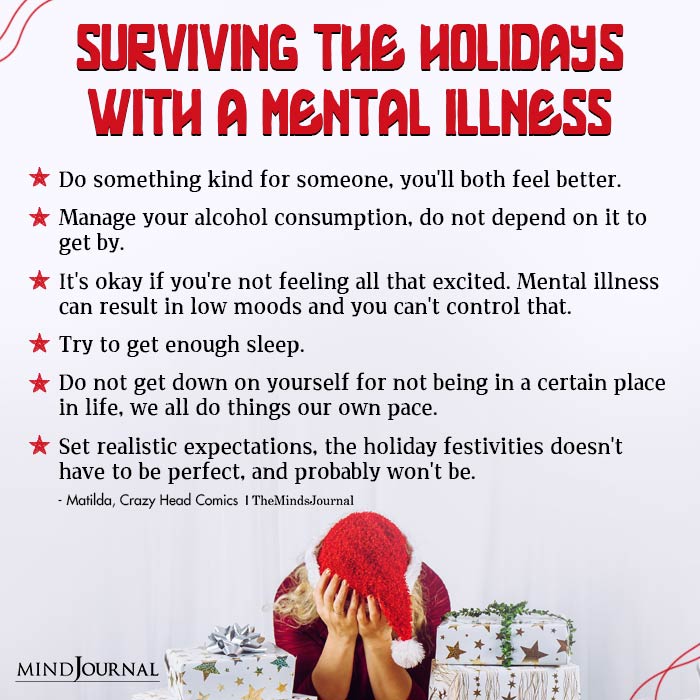
Are you someone who struggles with their mental health during holidays? If yes, then give these mental health tips for holidays a try and let us know how it worked for you!


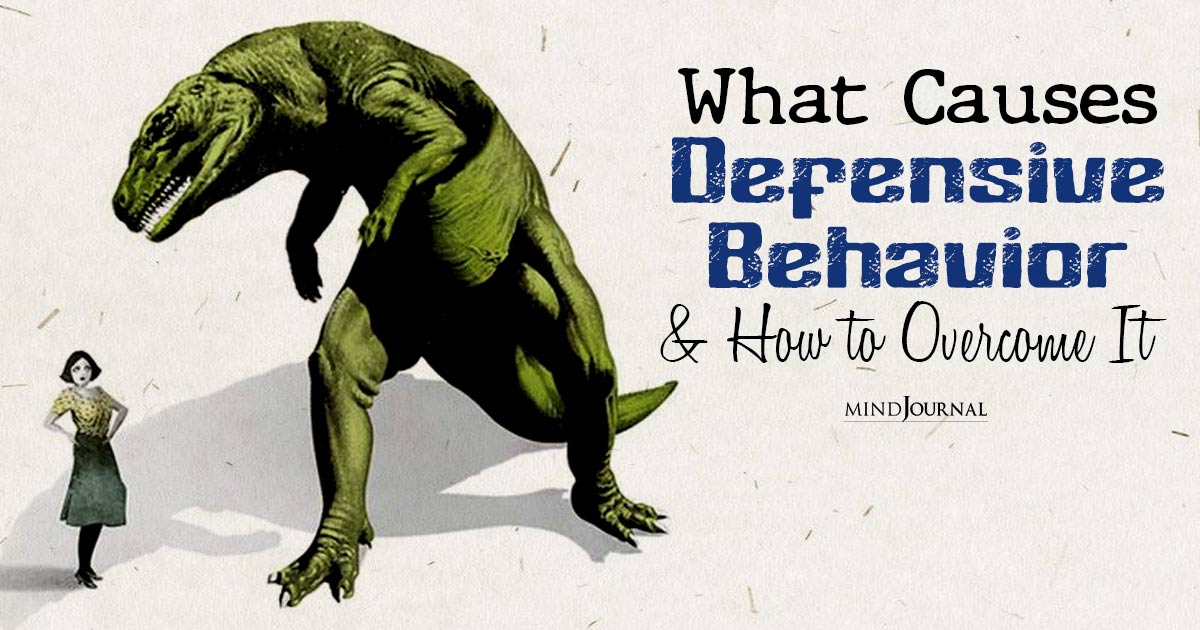
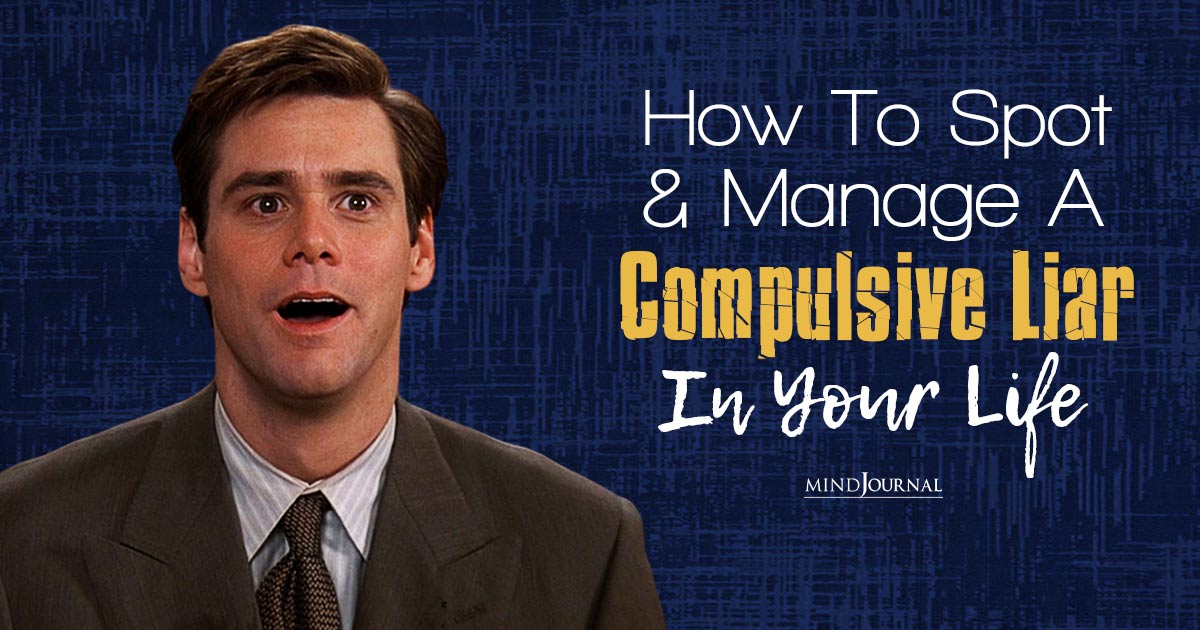
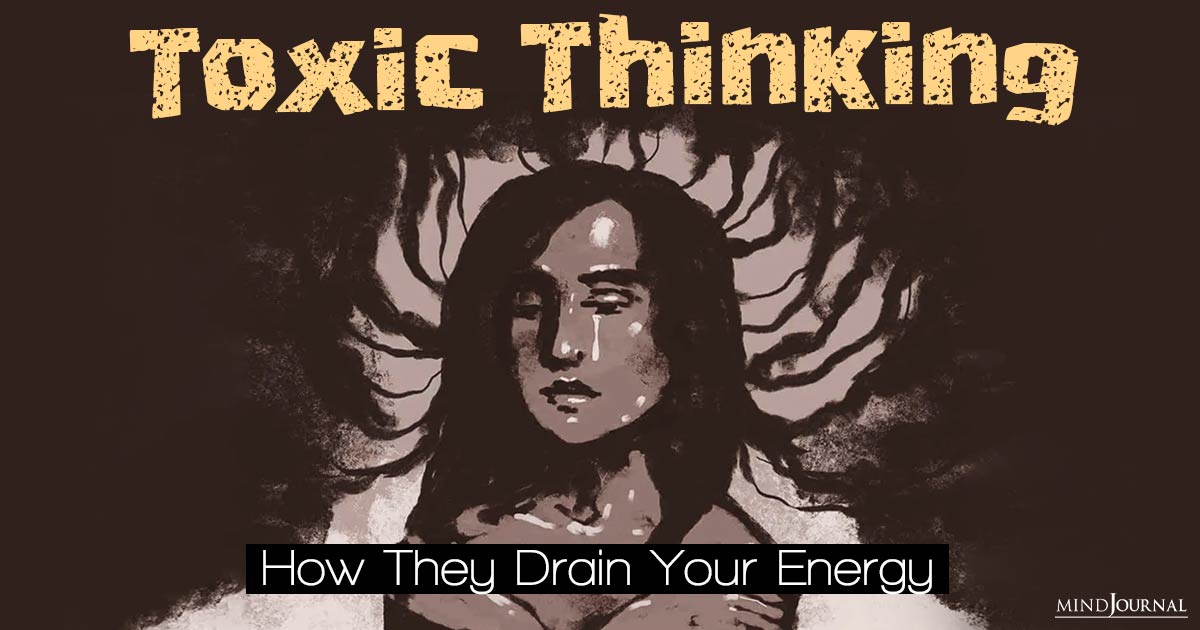
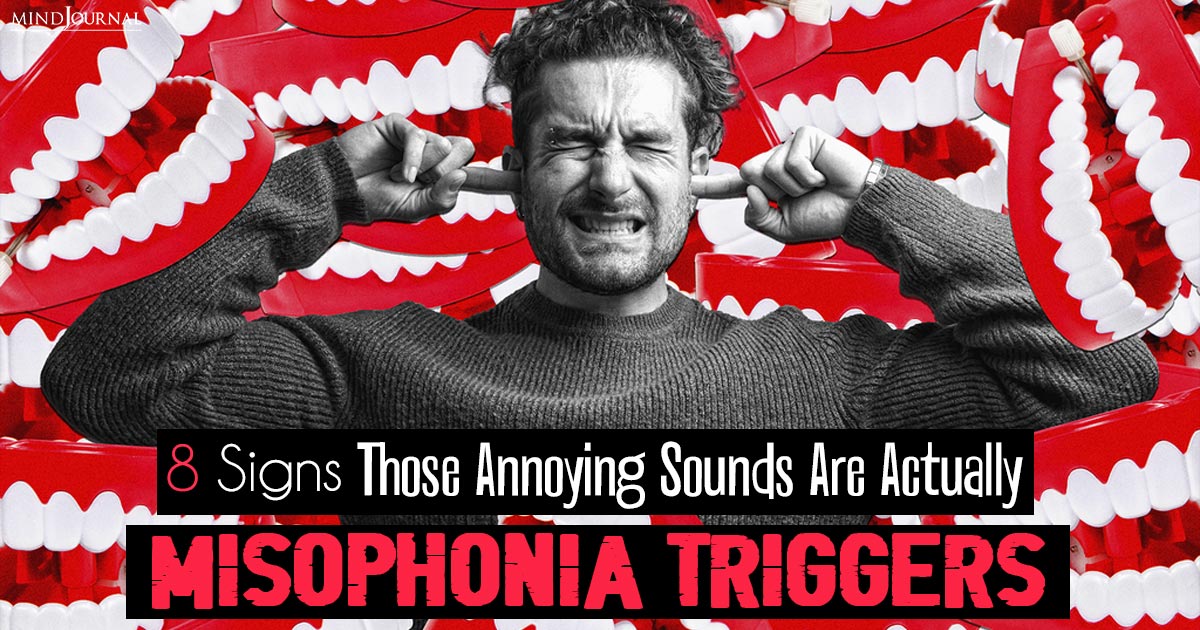
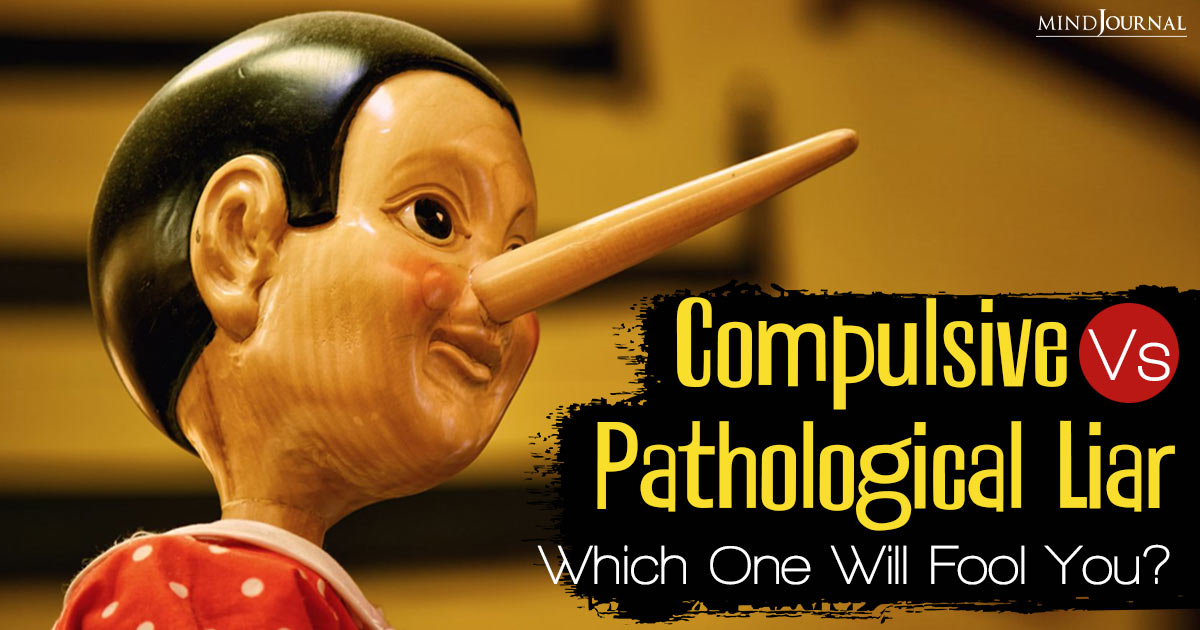


Leave a Reply
You must be logged in to post a comment.